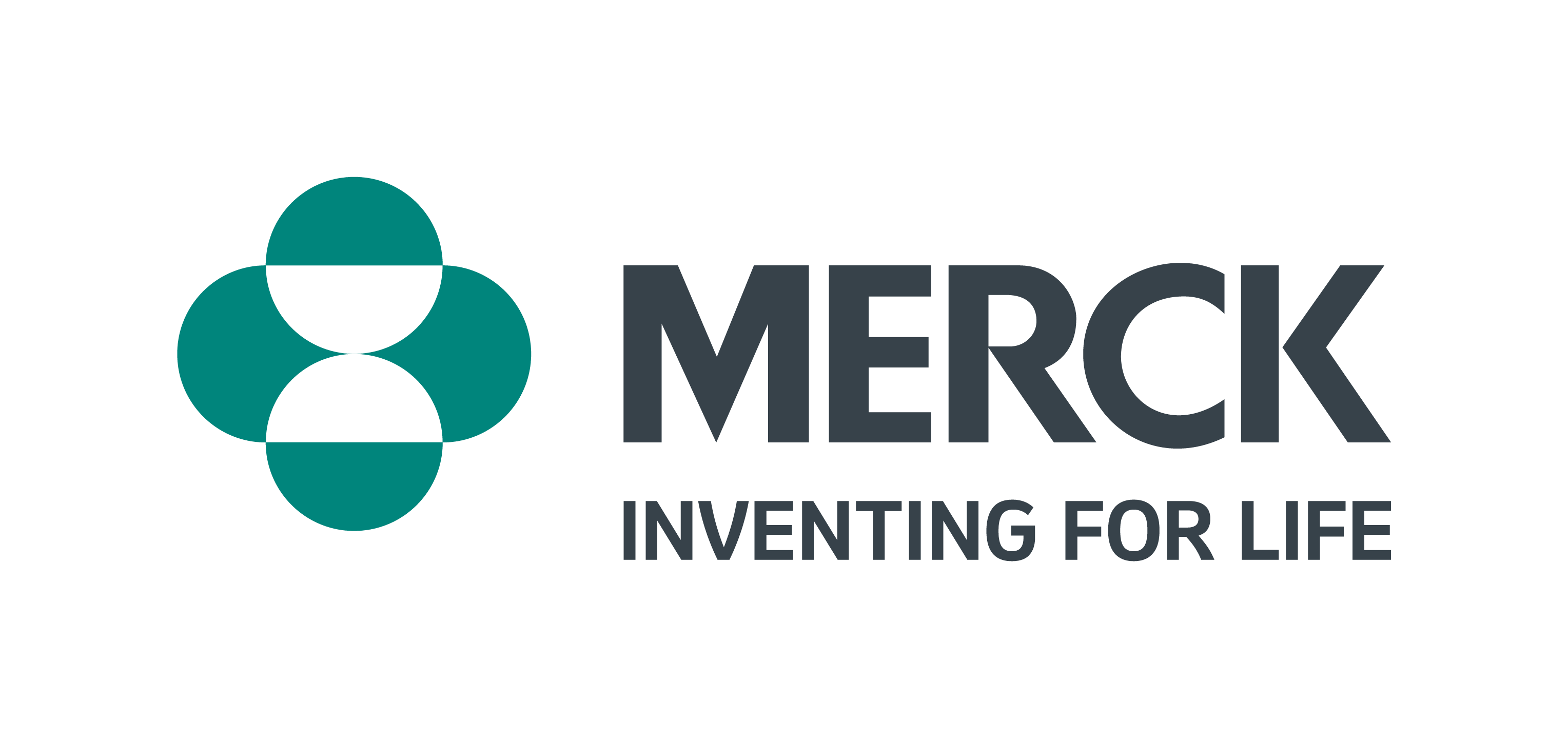Celebrating Fathers as Life-saving Sources of Support
by Dr. Neel Shah, Assistant Professor at Harvard Medical School

As an obstetrician, my job is to focus on moms and babies. But one of my favorite parts of childbirth is the look on a new dad’s face at the precise moment he sees his baby for the first time. The physical connection between moms and babies begins sooner and more gradually than it does for dads. Moms feel their babies growing and wriggling months before they get to actually see them. For dads, the first physical connection is visual. Fatherhood goes from being abstract to very real in an instant. And that look is everything.
For people who are trying to start or grow their family, the whole period from pregnancy to birth to caring for an infant can be an amazing, exciting, and also deeply vulnerable time. In our focus on moms and babies we sometimes forget that the birth partner also has an important role to play in supporting the whole family. It’s worth mentioning that the partner may not always identify as a “dad” and may not be a dude. But for the purposes of this post I’m going to call out the gendered role of dads specifically, whose identity in American society appears to be silently shifting in parallel with the shifting identities, roles, and expectations of American mothers.
As context, the first televised depiction of childbirth aired in 1953 on I Love Lucy. It drew higher ratings that the inauguration of President Eisenhower—not because of the expectations of Ricky Ricardo, but because of the expectations of Lucy. They made clear that Ricky was thrilled to enter fatherhood—their baby was named “Little Ricky.” But no one seemed to expect Ricky to be primary source of postpartum support.
In 2018, expectations both are and should be different. During those early, difficult, bleary-eyed days after bringing the baby home, supportive, attentive partners can make the critical difference for a family—and even save the mother’s life. Across the United States maternal mortality has been steadily rising and most of those deaths occur outside the hospital, during those early days and weeks at home.
New moms see their obstetrician or midwife in this hospital before they go home and then usually again for a brief visit six weeks later. This is inadequate, as professional societies and other stakeholders have recently acknowledged. But here is where dads are so critical. While moms can always call if they are experiencing concerning symptoms—bleeding, headaches, depression, thoughts of self-harm—most moms are fully consumed by motherhood, often putting their own needs behind those of their baby. Dads can act as important advocates. In so many cases I’ve seen, postpartum complications were treated quickly and effectively because of her partner’s instincts. In these cases, both parents together identified that something was wrong but the role of the partner as a tireless advocate made the critical difference. I’m convinced that the national conversation about how important dads can be to providing and marshalling support is much too quiet.
One place these conversations are gaining volume is through a movement called March for Moms. This May we held a national rally in Washington, D.C., that drew together families from across the country alongside public leaders. We discussed the need for all of us to come together to prevent avoidable suffering in childbirth—and witnessed firsthand how important the voices and the support of our dads can be. This Father’s Day, let’s pledge to celebrate the fathers in our lives and elevate their presence as critical, and in some cases, life-saving sources of support.
The content of this blog is solely the responsibility of the author and does not represent the official views of Merck. Merck for Mothers is known as MSD for Mothers outside of the United States and Canada.
Dr. Neel Shah, MD, MPP, FACOG, is an Assistant Professor of Obstetrics, Gynecology and Reproductive Biology at Harvard Medical School, Director of the Delivery Decisions Initiative at Harvard’s Ariadne Labs, and co-founder of the March for Moms.

